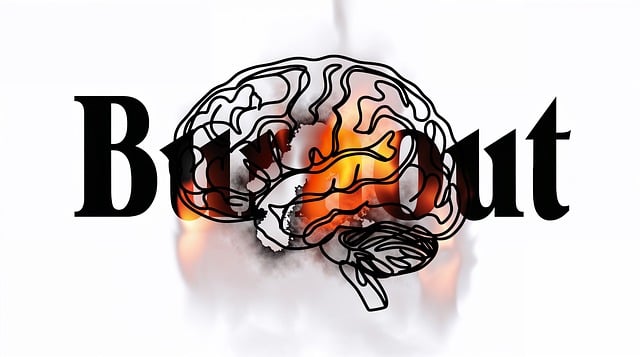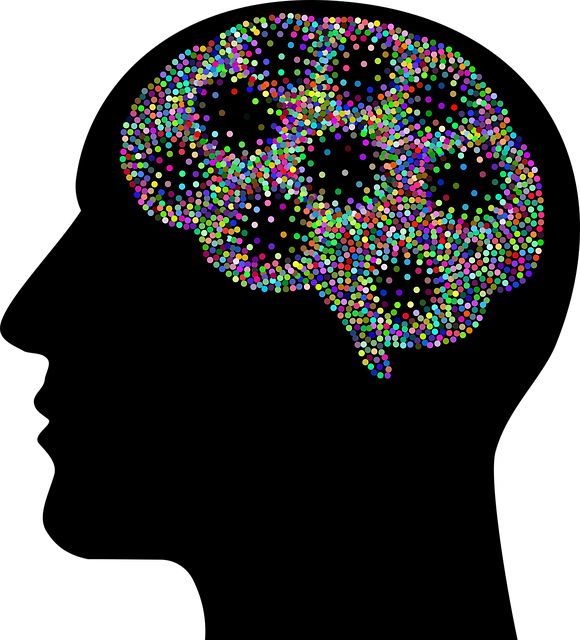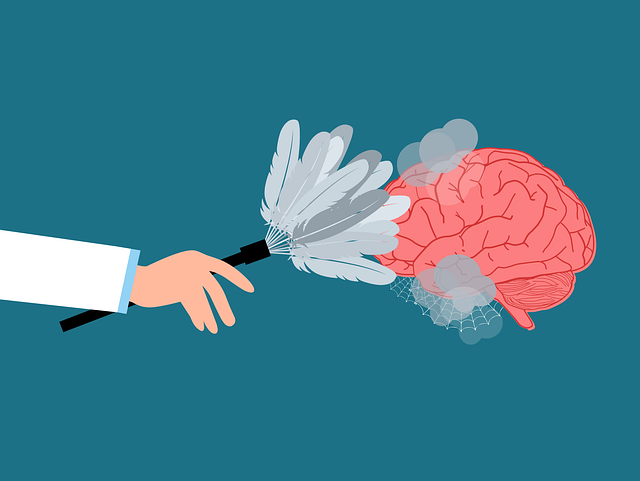Navigating loss, grief, and bereavement requires understanding diverse sources of pain and integrating spiritual practices into therapy. Superior Spiritual-Religious Issues Therapy provides a safe space for clients to explore faith, rituals, and emotional regulation through techniques like mindfulness and CBT. This holistic approach, tailored to individual beliefs and cultural contexts, promotes healing, stress reduction, and improved self-esteem, enabling individuals to find comfort, meaning, and resilience in the face of loss.
“Grief is a universal human experience, yet navigating loss and bereavement can be a complex journey. This comprehensive guide delves into the intricate world of loss grief and bereavement counseling, offering a supportive framework for professionals and individuals seeking healing. From understanding the stages of grief to exploring spiritual-religious issues in therapy—a superior approach when addressing sensitive topics—we uncover therapeutic strategies for coping with loss. Discover how incorporating cultural beliefs and personal narratives can enhance long-term support, fostering hope and healing.”
- Understanding Loss, Grief and Bereavement: A Comprehensive Overview
- The Role of Spiritual-Religious Issues in Counseling
- Therapeutic Approaches for Coping with Loss
- Incorporating Cultural and Personal Beliefs in Therapy
- Finding Hope and Healing: Strategies for Long-Term Support
Understanding Loss, Grief and Bereavement: A Comprehensive Overview

Understanding loss, grief, and bereavement is a multifaceted process that involves acknowledging and processing complex emotions. Loss can stem from various sources, including the death of a loved one, significant life changes, or even unexpected situations. It’s not just about mourning someone’s physical absence but also accepting their absence in every aspect of daily life. This journey often includes grief, a natural response to loss that manifests differently for everyone.
Grief counseling offers a safe space for individuals to explore these emotions and develop coping mechanisms. Through superior spiritual-religious issues therapy, self-awareness exercises, and communication strategies, bereaved individuals can find comfort and learn stress reduction methods. These therapeutic approaches help navigate the intricate landscape of grief, fostering healing and resilience as one comes to terms with their loss.
The Role of Spiritual-Religious Issues in Counseling

In counseling for loss, grief, and bereavement, addressing spiritual-religious issues can play a significant role in the healing process. Many individuals find comfort and meaning through their faith or spiritual practices, which can be integrated into therapy to foster resilience and emotional well-being. Counselors skilled in this area offer a safe space for clients to explore their beliefs, rituals, and connections to something greater than themselves, providing a sense of purpose during challenging times. This approach, often combining traditional talk therapy with spiritual practices like mindfulness meditation and compassion cultivation, can help individuals manage stress and navigate the complex emotions associated with loss.
By incorporating techniques such as Mindfulness Meditation and Compassion Cultivation Practices, counselors support clients in developing effective coping strategies that go beyond mere survival. These practices encourage a deeper connection to one’s inner resources, enabling better stress management and emotional regulation. Ultimately, superior spiritual-religious issues therapy aims to enhance the client’s overall sense of peace and fulfillment, even amidst life’s difficult transitions.
Therapeutic Approaches for Coping with Loss

When facing loss, grief, and bereavement, various therapeutic approaches can offer profound support in coping mechanisms. One effective method is incorporating Spiritual-Religious Issues Therapy, which explores the intersection of faith and mental health, providing a space for individuals to process their emotions through their spiritual lens. This approach allows clients to find comfort and meaning during difficult times, enhancing their ability to navigate the grief process.
In addressing loss, therapists can help clients develop healthy coping strategies tailored to their unique needs. These techniques include mindfulness practices, cognitive-behavioral therapy (CBT), and support groups. By focusing on stress management and mental wellness, these therapeutic interventions not only aid in processing grief but also promote self-esteem improvement. Such holistic care ensures individuals can find resilience and a path towards healing.
Incorporating Cultural and Personal Beliefs in Therapy

Incorporating cultural and personal beliefs into loss grief and bereavement counseling is essential for providing a superior spiritual-religious issues therapy experience. Every individual carries unique perspectives shaped by their backgrounds, experiences, and faith systems. Effective counseling respects these differences, creating a safe space where clients can explore their emotions freely. By integrating mind over matter principles, therapists enable clients to harness the power of their beliefs as tools for emotional regulation and stress reduction methods. This tailored approach facilitates a profound healing process that resonates with each client’s inner strength and spirituality.
Understanding cultural and personal contexts allows therapists to offer meaningful support that transcends conventional therapy techniques. It involves listening actively, showing empathy, and demonstrating cultural sensitivity. Through this inclusive practice, clients feel validated and more inclined to engage openly in the therapeutic journey. By combining traditional counseling methods with spiritual-religious considerations, therapists can deliver comprehensive care that addresses not just the mind but also the heart and soul of those navigating loss and grief.
Finding Hope and Healing: Strategies for Long-Term Support

Finding hope and healing after a loss is a journey that requires sustained support and nurturing. Beyond immediate crisis intervention guidance, long-term strategies for grief counseling play a pivotal role in fostering emotional well-being promotion techniques. Incorporating self-care practices can be immensely beneficial; activities such as meditation, journaling, or engaging in hobbies offer healthy outlets to process complex emotions.
Spiritual or religious therapy can also serve as a powerful tool, providing individuals with a sense of comfort and meaning. Superior spiritual-religious issues therapy helps clients explore their beliefs, connect with a higher power, and find solace in shared traditions. This holistic approach not only addresses emotional needs but also cultivates resilience, enabling individuals to navigate the healing process at their own pace while embracing life’s new chapter.
Loss, grief, and bereavement counseling are vital components of healing after a significant loss. By understanding the complex nature of these emotions, therapists can employ various therapeutic approaches, including incorporating spiritual-religious issues therapy, to provide comprehensive support. This holistic approach respects individual beliefs and cultural contexts, fostering long-term hope and healing. For those navigating these challenging times, seeking professional help can be transformative, offering a path toward acceptance and resilience. Remember that with the right support, it’s possible to find solace and rebuild one’s life after loss.














